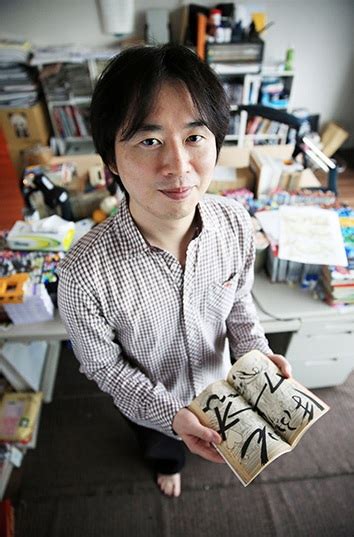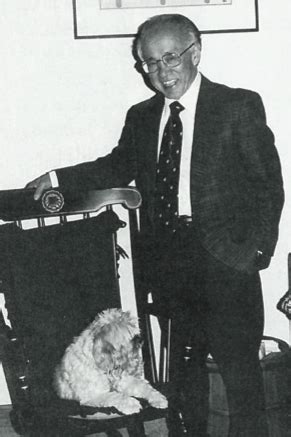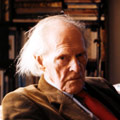A Quote by Charles Sanders Peirce
The percept is the reality. It is not in propositional form. But the most immediate judgment concerning it is abstract. It is therefore essentially unlike the reality, although it must be accepted as true to that reality. Its truth consists in the fact that it is impossible to correct it, and in the fact that it only professes to consider one aspect of the percept.
Related Quotes
The sad fact is that we're not educated to be aware and therefore able to question the reality created by our thinking. We don't realize that we must take responsibility for our thoughts to find out if they are really true, and then set aside or at least acknowledge those that are simply opinion and bias. We don't recognize that most thoughts are ultimately judgments, and that the truth of any judgment is how that judgment makes us feel.
The Western approach to reality is mostly through theory, and theory begins by denying reality - to talk about reality, to go around reality, to catch anything that attracts our sense-intellect and abstract it away from reality itself. Thus philosophy begins by saying that the outside world is not a basic fact, that its existence can be doubted and that every proposition in which the reality of the outside world is affirmed is not an evident proposition but one that needs to be divided, dissected and analyzed. It is to stand consciously aside and try to square a circle.
This is an important distinction, because most of the modern philosophies that deny that we can know reality, and ultimately truth, make the mistake of constructing epistemological systems to explain how we know reality without first acknowledging the fact that we do know reality. After they begin within the mind and find they can't construct a bridge to reality, they then declare that we can't know reality. It is like drawing a faulty road map before looking at the roads, then declaring that we can't know how to get from Chicago to New York!
There is no greater mystery than this, that we keep
seeking reality though in fact we are reality. We
think that there is something hiding reality and that
this must be destroyed before reality is gained.
How ridiculous! A day will dawn when you will laugh
... at all your past efforts. That which will be the day
you laugh is also here and now.
Dharma has several connotations in South Asian religions, but in Buddhism it has two basic, interrelated meanings: dharma as 'teaching' as found in the expression Buddha Dharma, and dharma as 'reality-as-is' (abhigama-dharma). The teaching is a verbal expression of reality-as-is that consists of two aspects-the subject that realizes and the object that is realized. Together they constitute 'reality-as-is;' if either aspect is lacking, it is not reality-as-is. This sense of dharma or reality-as-is is also called suchness (tathata) or thatness (tattva) in Buddhism.









































